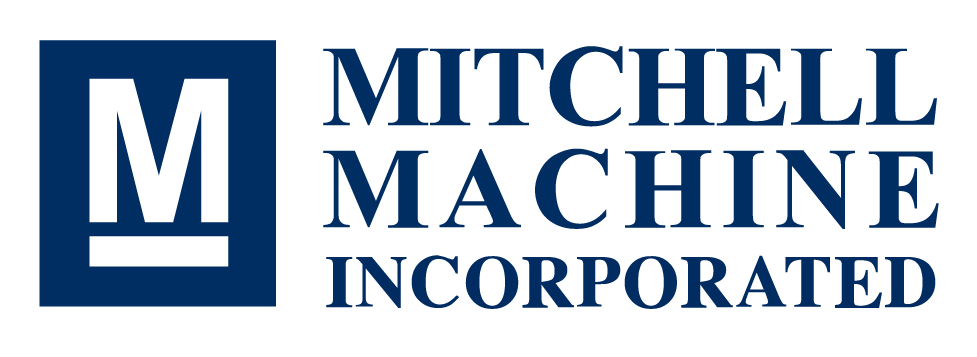 Expanding your market share with the addition of a new product is a central goal for every manufacturer. Growing and expanding can be a difficult process and change can be challenging for your team. Using a sub-contract manufacturing company to alleviate your pain points for a new project or an existing one can be extremely beneficial. In this post, we’ll examine the pros and cons of outsourcing with a sub-contract manufacturing partner.
Expanding your market share with the addition of a new product is a central goal for every manufacturer. Growing and expanding can be a difficult process and change can be challenging for your team. Using a sub-contract manufacturing company to alleviate your pain points for a new project or an existing one can be extremely beneficial. In this post, we’ll examine the pros and cons of outsourcing with a sub-contract manufacturing partner.
Access to Specified Team Expertise
Consider this: you’ve signed a deal to produce a new device; yet, now you have to train your in-house technicians before you start production. On the other hand, you can utilize the skills of a sub-contract manufacturer that already has an existing squad of highly-skilled workers.
When you partner with a company that has proven production practices, your business can begin to leverage their existing industry knowledge, facility space, labor force, and equipment, which will result in overall time and cost savings for your business.
Outsourcing work means you are only obligated for the duration of a mutual agreement with the sub-contractor; rather than having to hire employees and develop skills for a new production project that may not be long-lasting.
Experience a Drop in Costs and Increase in Profits
An experienced sub-contract manufacturer is perpetually looking for methods to be cost-competitive without lessening the quality of the final product. Partnering with a company who has nurtured relationships with raw product vendors is beneficial as they are able to pass those savings on to you. One of our main goals is to keep costs low without sacrificing quality, ensuring you’re receiving the highest-quality components at a lower investment.
Our facilities are designed to complete almost every aspect of production in-house, making it a one-stop shop. With countless years of expertise in cost-saving strategies, there are numerous cost efficiencies that can be passed on to you.
You May Have Less Control Over the Product
Simply put, the concept of outsourcing manufacturing means you are dependent on another company to produce a complete system or a component for one of your systems, meaning you are not 100% in control of the production.
One of the main concerns when entering into an agreement is taking a project or a portion of a project off your production team’s hands and passing it to another company. Essentially, you are relying on someone else to produce quality results, while also delivering the project on time and on budget.
That being said, in the beginning, if you clearly communicate your procedures and specifications with a reliable sub-contract manufacturer, you can still maintain a strong level of control over the process. If you establish boundaries and guidelines at the beginning of the process, there will be less need to fret over their portion of the project. You can rest assured that your comments will help the team to create a product that meets your quality standards.
General Concerns about Quality
Since you are depending on another company to create a component, how do you know that their work will meet the quality you desire? It’s important to inquire about a potential partner’s quality assurance processes. Our goal at Mitchell Machine is to deliver top-quality results for every project. We seek to offer customers nothing short of excellence. Communication is a common theme that arises when looking at the potential cons of working with a sub contract manufacturer. Concise and open communication is essential and can help turn these things you thought of as cons into pros.
Mitchell Machine | Sub-Contract Manufacturers in Massachusetts
Mitchell Machine’s team of manufacturers is here to guide you through the process and any questions you may have. We’re a custom machine building company in Springfield, Massachusetts. To request an estimate for custom machinery, sub-contract manufacturing, or any of our other manufacturing solutions, call (413) 739-9693
{{cta(‘e51f775f-ed91-47ca-92b9-5fb1d4c56aba’)}}






